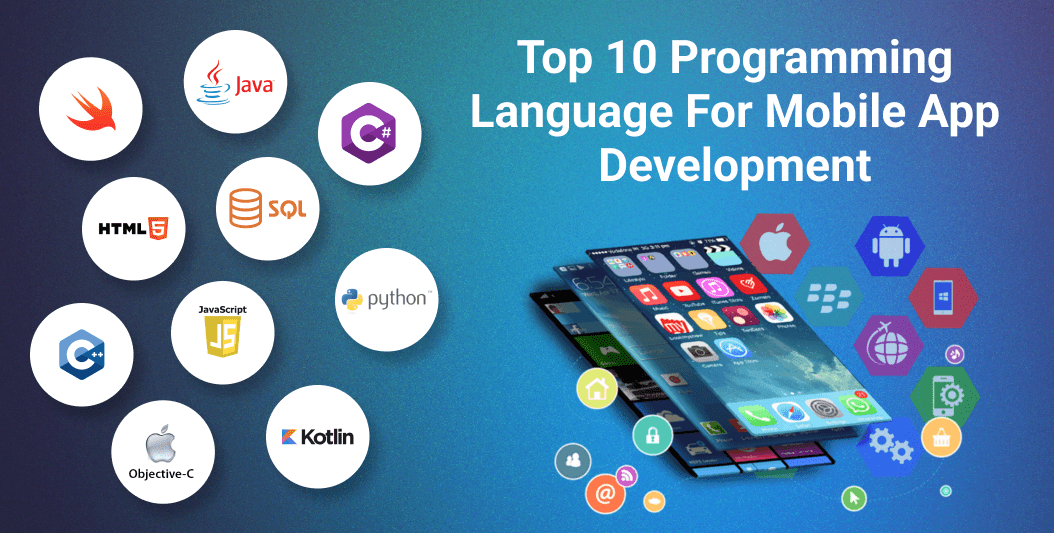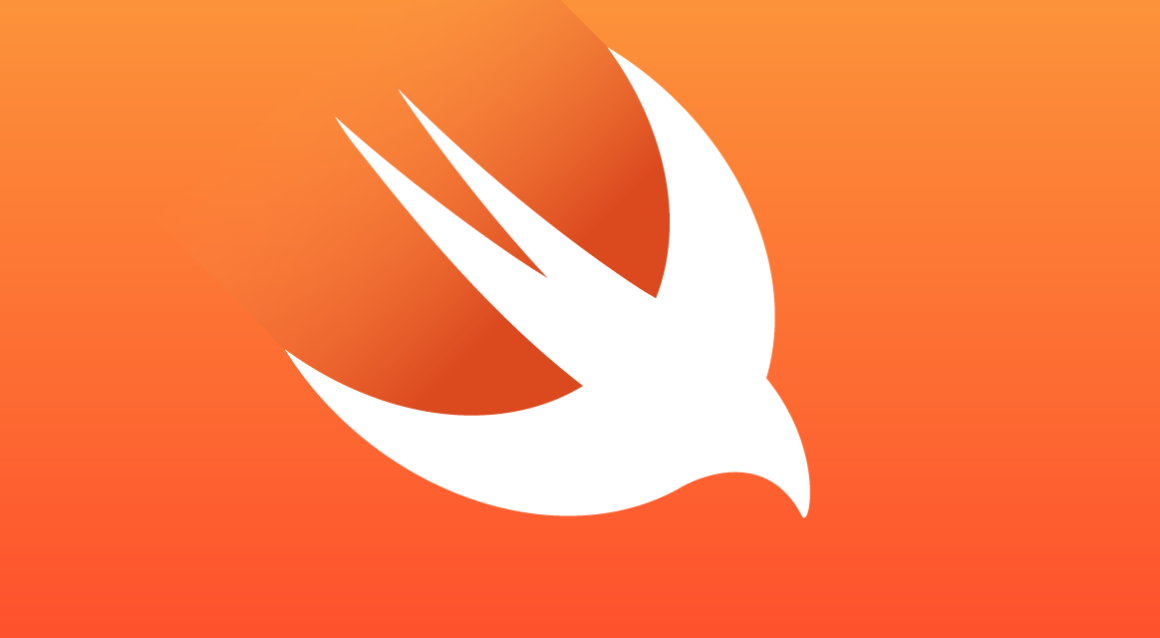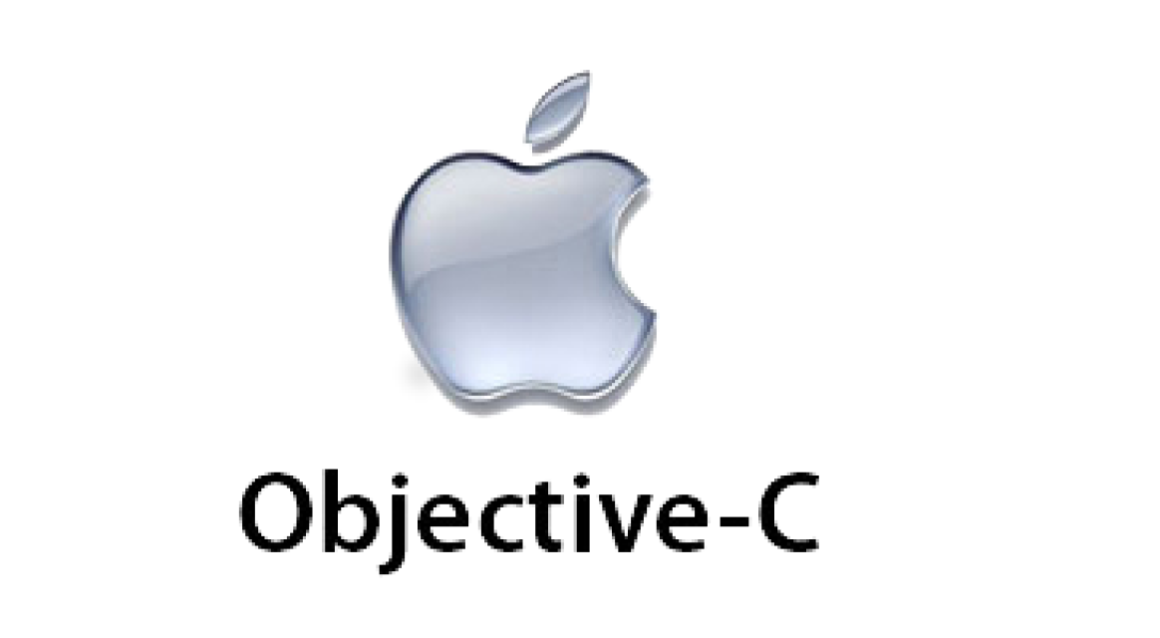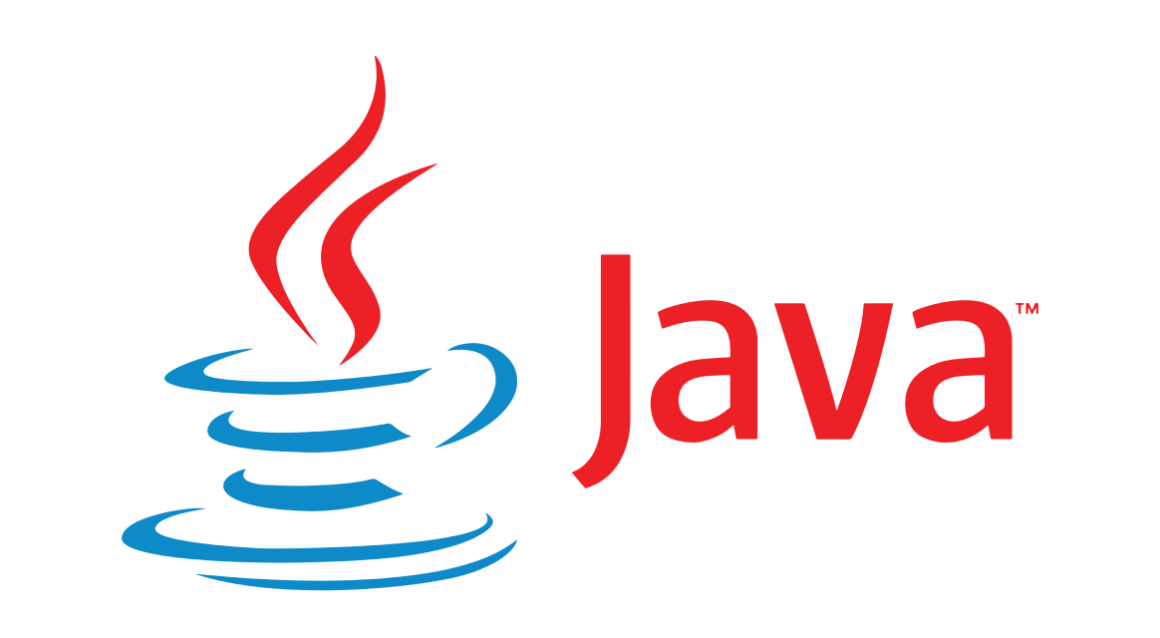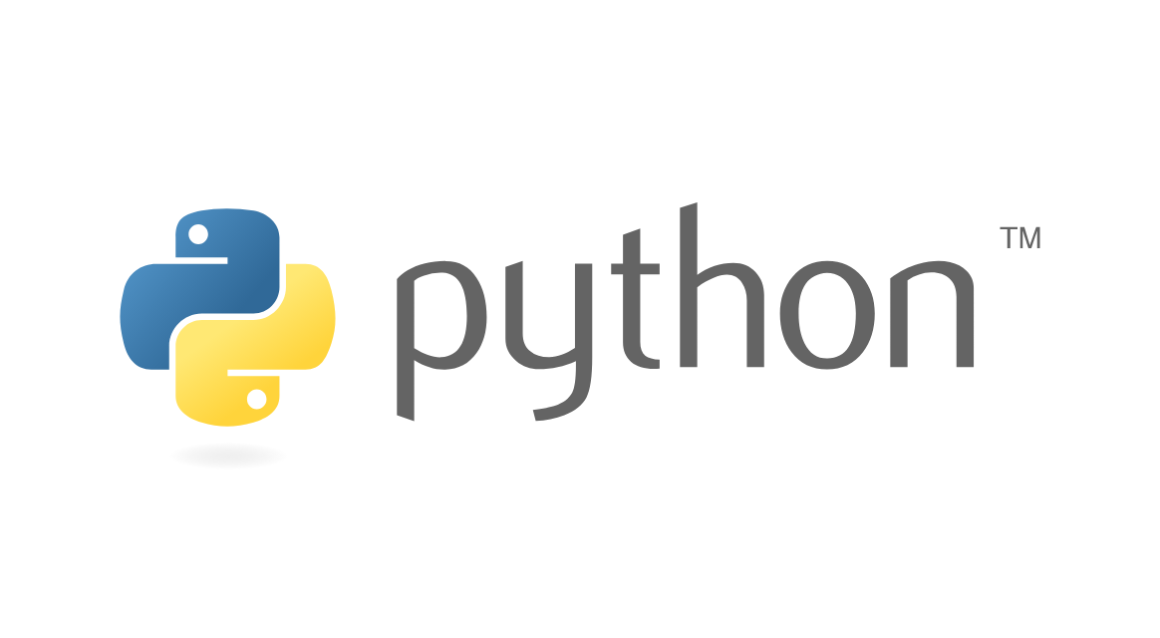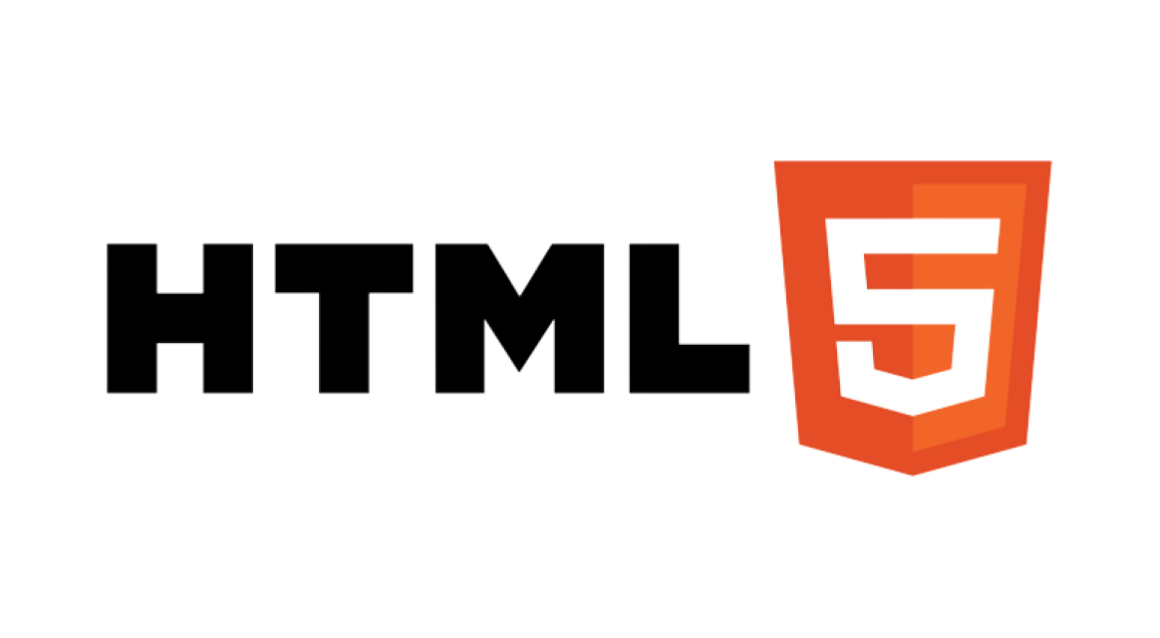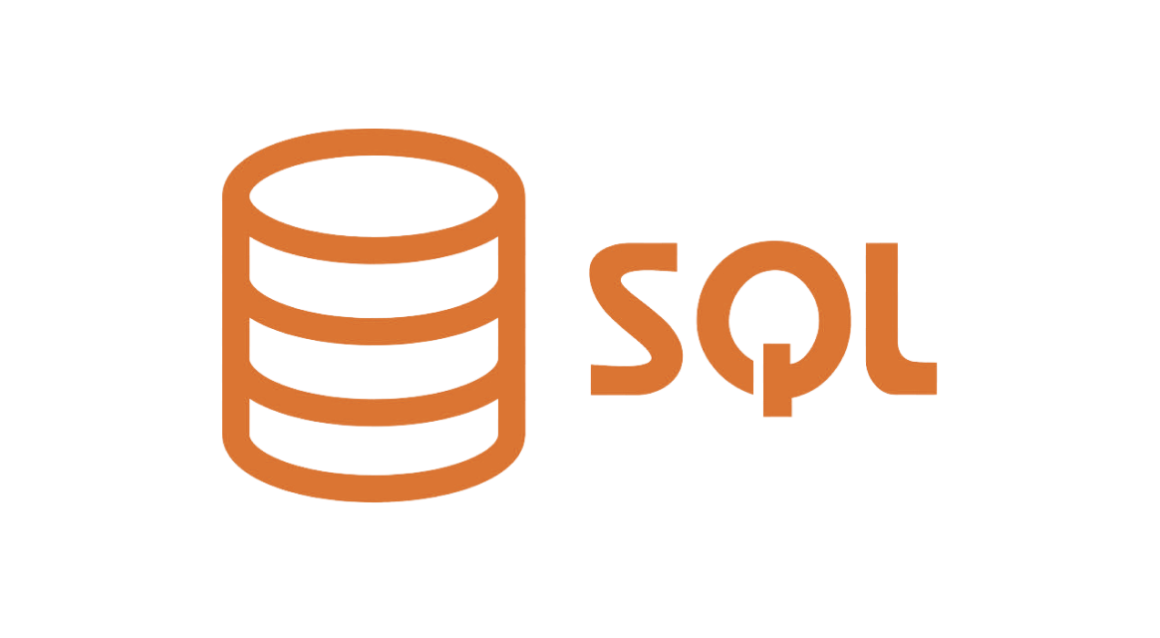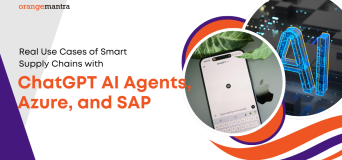In this age of technology, businesses heavily rely on mobile applications for growth and development. Thus, developers are constantly striving to enhance their functionalities and performance. While those two elements are paramount in mobile app development, they must also be enriched with features that can offer an optimal user experience.
As no two applications are alike due to their varying purposes, developers must factor in different elements like platforms and programming languages while creating them. Notably, the programming language they select can decide the app’s capabilities. Here are the top 10 languages leading the charge in the world of mobile application development.
#1. Swift
Previously Apple Inc unveiled Swift as its latest programming language for both iOS and Linux systems. Although it is predominantly utilized for OS X and iOS app development, Swift is seen as a significant advancement compared to Objective-C due to its ability to eliminate multiple security risks that are likely to be encountered with the former.
Truly, Swift has become a go-to language for iOS app developers due to its features, such as being easy to learn, clear and concise syntax, type safety, and modern features like tuples and generics. Swift is also becoming popular with backend developers because it supports server-side development with frameworks such as Vapor and Kitura.
Swift is a versatile language that can be used for both native and cross-platform app development. It supports Objective-C code and can be used alongside other languages such as C++ and Java. Swift is open source and supported by the Swift Package Manager which allows developers to easily manage dependencies in their projects.
Overall, Swift is an excellent choice for mobile app development due to its speed, safety, and flexibility. With its powerful features and easy-to-use syntax, Swift makes it easy for any developer to create great apps quickly and efficiently.
There is great anticipation that it will eventually become the dominant language for iOS applications. This portends a favorable prospect for those developers proficient in this language. Several important characteristics account for the massive admiration Swift has been receiving, including
- Open-source language
- Easy to code and easy to maintain
- A simplified form of Objective-C
- Needs a lesser amount of coding
- Faster speed of development
#2. Objective-C
Objective-C has been the dominant programming language used to create feature-rich and expandable iOS apps prior to the emergence of Swift. Its wealth of functions which tackle I/O, graphics, and display, combined with its capabilities as a general-purpose, object-oriented programming language (a C language spinoff) make it the perfect tool for creating iOS applications.
Objective C is a superset of C and is often used alongside the Cocoa Touch framework for iOS development and Cocoa for macOS development. It’s also used with frameworks such as Core Foundation, Core Data, and Core Animation. It has a strong object-oriented approach and many powerful features that allow developers to create robust applications with minimal code.
The language provides access to many different components and libraries, allowing developers to build custom software with minimal effort. Additionally, Objective C is designed to be memory-safe, meaning that it prevents errors due to incorrect memory usage. This makes it ideal for developing large-scale projects that require reliability and scalability.
Some of the advantages of using Objective-C include :
- Simplicity
- Makes use of dynamic run-time
- Support for dynamic typing
- C and C++ can be used in tandem with the language
#3. Java
While Swift and Objective-C are reserved for iOS development, Java stands out as the preferred language for Android application development. Not only can Java run on various platforms, but it also gives Java Developers the choice to operate within a browser window or a virtual machine.
Succinctly, Java is ideal for creating high-performance applications and can be used to develop a wide range of applications, from simple games to complex enterprise-level applications. The language offers various libraries and tools to make the development process easier, such as the Java Development Kit (JDK), Java Runtime Environment (JRE), and Java Virtual Machine (JVM).
Java is also popular for developing native Android apps, due to its cross-platform compatibility. Overall, Java is a versatile language that has a long history of being used for mobile application development. Its
powerful features, easy syntax, and vast support libraries make it an excellent choice for developers who want to create powerful mobile applications.
This level of flexibility, combined with strong performance, is what has contributed to Java’s extensive use in the mobile application development industry.
- Easy to learn
- Cross-platform compatibility
- Enables error-free coding with powerful IDEs
- Supports APIs for easy integration
- Availability of open-source libraries
#4. Kotlin
Kotlin is a statically typed programming language that runs on the Java Virtual Machine and compiles into JavaScript source code. It is an open-source language by JetBrains and was officially launched in 2016.
Kotlin is similar to Java, but it is a more modern language with a more concise syntax, making it easier to write and maintain complex applications. It has an intuitive language design that enables developers to build mobile apps faster and with fewer bugs.
It offers full Java interoperability and supports all Java libraries, frameworks, and tools, giving developers the ability to use existing code and quickly build mobile apps. Furthermore, its extensive standard library makes it easier to find solutions to common problems, reducing development time.
It is a great choice for developing mobile applications as it allows Kotlin App Developers for faster development cycles and fewer lines of code. Here are some benefits of using Kotlin for Android app development:
- Easy to maintain and read codes
- Consolidated application security
- Simple error finding & correction
- Extension function
#5. Python
Python is an extremely versatile language that can be employed for a multitude of purposes, such as mobile application development. While it is not the most favored language for creating iOS and Android apps, its appeal is growing as a result of its ease of use and the sheer variety of libraries available for developers.
Due to its capacity to produce sophisticated apps with only minimal code and energy, Python is a fantastic option for mobile app creation. It is straightforward to use, readily extensible, and contains an abundance of frameworks such as Kivy and BeeWare, making it perfect for rapid prototyping.
For the purpose of iOS app development, Python provides incredible libraries such as PyObjC and Pythonscriptor, enabling developers to craft applications for the platform. For Android app development, Python can be supported with a variety of libraries including PySide, Kivy, QPython, and Pyjnius. With the aid of these libraries, it is effortless to access Android APIs and develop formidable apps in no time.
Overall, Python is a magnificent language for both iOS and Android app development. Its convenience and plethora of frameworks render it an exceptional option for developers desiring to generate effective mobile apps with ease and speed. Given its increased popularity amongst developers, Python is expected to become even more significant in the future of mobile application development.
Here are some key advantages of using python development services:
- Seamless coding options
- Robust and standard libraries
- Support for extensive GUI
- Dynamically typed for runtime instructions
#6. C++
With its versatility and wide range of capabilities, C++ has long been considered the go-to language for creating applications for Windows and Android devices. Whether for mobile, desktop, or web-based use, C++ can power any project.
On the other hand, during developing mobile applications with C++, developers can use either the traditional approach of building native code or use a framework such as Qt or wxWidgets to build cross-platform applications.
C++ is often used to build games, virtual reality applications, and other complex software. Its flexibility allows for the creation of apps with almost any type of functionality. One downside of using C++ for mobile application development is that it is more difficult to learn and debug than some other programming languages.
Additionally, the code can be resource-intensive, so careful optimization and testing are required to ensure a good user experience. Despite these challenges, C++ is still one of the top programming languages for mobile app development due to its power and performance.
Furthermore, the language has remained a prominent choice for software developers prior to the surge in mobile phone usage. Key advantages of utilizing C++ include:
- Simplicity
- Object-oriented
- Portability
- Speed of development
- Massive library
#7. C#
C# is the primary language for Windows app development, combining object-oriented and multi-paradigm programming approaches. Microsoft’s C# provides the foundation for feature-rich mobile apps, games. And web services, regardless of whether the Windows platform is transforming the industry.
With .Net framework, it allows developers to create high-performance, scalable mobile applications. Additionally, C# supports modern object-oriented programming and component-oriented design, making it a great choice for mobile application development.
C# also has a vibrant development community and plenty of helpful tutorials, making it a great language for mobile app development. Thanks to its multitude of advantages, C# is the go-to language for developing apps for this particular platform. The advantages of C# include:
- Simplicity and ease of use
- Scalability
- Type-safe language
- Access to .Net framework
#8. HTML5
HTML5 is the top pick for crafting and react native app development and web-facing mobile apps. It facilitates the inclusion of multiple data types, organizes input elements, adjusts to multiple display sizes, and balances the game of browsers.
Thus, it is suitable for creating cross-platform and web applications. Basically, HTML is used for creating webpages that can be accessed on any device, making it ideal for cross-platform mobile app development. With HTML, developers can create web pages that are visually appealing, intuitive, and optimized for different types of devices.
The language is relatively simple to learn, making it a great choice for beginner developers. Furthermore, with the help of HTML and other scripting languages, developers can create powerful web-based apps that are compatible with multiple devices.
The applications created using HTML5 are robust and can be employed on multiple devices without interruption. Unfortunately, the language is yet a draft proposal instead of a standardized language, thus expecting changes in the way it is addressed by browsers in the coming future. To conclude, here are some benefits of opting for HTML5:
- Easy to learn and develop
- Offers cross-device compatibility
- Clean coding
- Enables the creation of cross-platform apps
- Cost-effective and time-effective
#9. JavaScript
One of the most in-demand and popularly used programming languages for cross-platform app development is JavaScript. It is a highly dynamic, interpreted, and high-level programming language that is employed to create advanced applications.
It has object-oriented scripting and multiple libraries, tools, and frameworks to make the development of complex mobile applications simpler. JavaScript is primarily used to construct interactive web applications on the client side.
Majorly, it is recognized by react native app development services. This makes it possible to generate dynamic webpages, complete computations, create games, and more. Moreover, it is well-suited for mobile app development since it is light and efficient.
Developers can use JavaScript to create applications that are interactive, responsive, and easy to use. Its tools include components for user interfaces, navigation menus, animations, data storage, retrieval, and
more. Additionally, JavaScript can be seamlessly integrated with prominent frameworks like React Native and Ionic to make mobile app creation quicker and simpler.
The benefits of using JavaScript for mobile application development are:
- Higher performing apps
- Rich user interface
- Cross-platform compatibility
- Incredibly versatile
#10. SQL
SQL which stands for Structured Query Language is yet another highly efficient and one of the demanding mobile app development programming languages. It’s basically a declarative programming language that is best preferred for making changes and handling the Relational Database Management System. Several Fortune 500 companies have relied on SQL for developing feature-rich and well-structured mobile applications. It helps manage the structured along with the unstructured data inside the databases and extract useful information from the same.
One of the essential uses of SQL during mobile app development is controlling information, extracting valuable insights, inserting, updating, or even deleting the existing information, defining labels, creating views, modifying indexes, and the list goes on.
Key advantages of SQL as an ideal app development programming language.
- Fast & efficient for processing queries.
- No such hardcore coding skills are required.
- Standardized language structure which is simple to understand.
- Multiple data views within the system.
Conclusion
If you are seeking a mobile app solution for your business, the programming languages outlined above have unique features that you should take into account before selecting the one that fits your needs best. An experienced app development partner like OrangeMantra can help you compare the available alternatives and determine the most suitable option.
Our development team boasts comprehensive expertise in a wide range of programming languages and mobile technologies, making us a reliable choice for creating the perfect app solution for your business. Contact us today to get started on your custom-made app.
FAQs:
1- Is mobile app development costly?
The cost of developing a mobile app depends upon the complexity of the project and the technology you leverage. Usually, a simple mobile application development is cost-effective with a team of the right developers. However, the cost may vary on the country you choose to hire a developer, the platform, and the hourly rate of the developer.
2- How can I choose a programming language for mobile app development?
Firstly, decide on the platform you want to create an app. Then think of features, security, and scalability to infuse. After deciding on these aspects you can pick a precise programming language for the desired solution development.
For instance, you can choose Swift and Objective C for iOS, Java & Koltin for Android apps, and Java Script & HTML for cross-platform app development. So, think about these aspects and choose wisely.
3- Which is the best language for mobile app development?
A preferred choice of programming language for developing your business-specific mobile application totally depends on the requirement and technical efficacy. A reliable mobile app development partner like us must understand the scope of your project before suggesting an ideal programming language.
4- Which is better for a mobile app Python or Java?
Both Python and Java are leading programming languages that have helped several companies to develop millions of applications that are running effectively. Java is certainly a highly used programming language within the digital ecosystem. On the other side, Python is dynamic, extensively adaptable, and quite popular among companies. Therefore, the decision to select an ideal programming language again depends on your mobile app development requirement.
